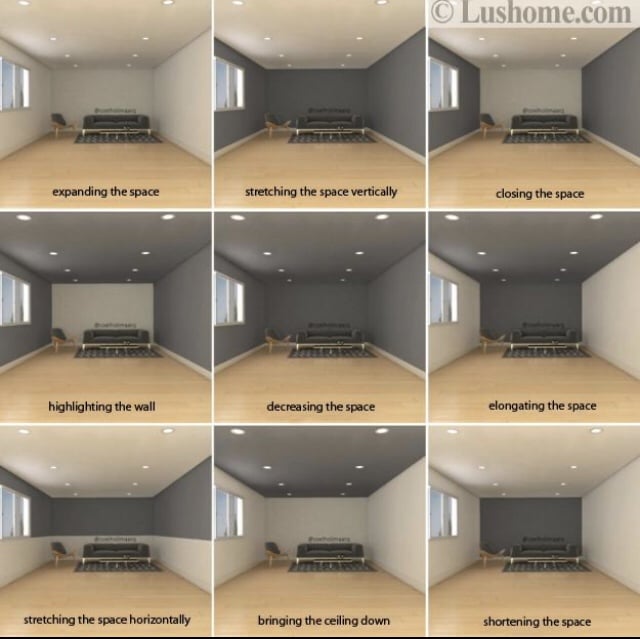Cool Guides
Rules for Posting Guides on Our Community
1. Defining a Guide Guides are comprehensive reference materials, how-tos, or comparison tables. A guide must be well-organized both in content and layout. Information should be easily accessible without unnecessary navigation. Guides can include flowcharts, step-by-step instructions, or visual references that compare different elements side by side.
2. Infographic Guidelines Infographics are permitted if they are educational and informative. They should aim to convey complex information visually and clearly. However, infographics that primarily serve as visual essays without structured guidance will be subject to removal.
3. Grey Area Moderators may use discretion when deciding to remove posts. If in doubt, message us or use downvotes for content you find inappropriate.
4. Source Attribution If you know the original source of a guide, share it in the comments to credit the creators.
5. Diverse Content To keep our community engaging, avoid saturating the feed with similar topics. Excessive posts on a single topic may be moderated to maintain diversity.
6. Verify in Comments Always check the comments for additional insights or corrections. Moderators rely on community expertise for accuracy.
Community Guidelines
-
Direct Image Links Only Only direct links to .png, .jpg, and .jpeg image formats are permitted.
-
Educational Infographics Only Infographics must aim to educate and inform with structured content. Purely narrative or non-informative infographics may be removed.
-
Serious Guides Only Nonserious or comedy-based guides will be removed.
-
No Harmful Content Guides promoting dangerous or harmful activities/materials will be removed. This includes content intended to cause harm to others.
By following these rules, we can maintain a diverse and informative community. If you have any questions or concerns, feel free to reach out to the moderators. Thank you for contributing responsibly!
view the rest of the comments

Am I dumb if these all just kinda look the same to me lol
The difference was more clear before this image was reposted to hell and back and got all blurry
Light interacts with colors and paint and will refract more or less accordingly. Because our eyes work through light capture, that's how this concept works for us.
I might wage that unless you're in said room it will be harder to realize this effect.
I would also say that this only effects perception and I guess a windowless room will need a lot of artificial light (just a guess though).
Pretty much look the same to me too, wonder if it is different in person.
No differences, none at all.
Would paint everything white for more friendly atmosphere, would hate to sit in a dark cave. That's all I care about.
You just contradicted yourself.
I don't think they did. They said they see no difference in the apparent size of the rooms in the images. Separately they indicated a personal preference for white colored rooms.
But the word "cave" implies a feeling of smallness
Interesting! It doesn't to me. I don't feel that meaning in the context of sentence that is contrasting 'dark' with 'friendly'.
The only other time I can think of 'sitting in a cave' being used is by my parents before they would turn on the room light when they found me playing video games in the dark. Another context that is just about light and not size.
But I could believe that some people associate cave with small.
My guy, not every cave is small and narrow
Big caves are called caverns
They are all the same, except that the color is different.
This is a marketing ploy by an interior decor site - it's just make-believe. Colors can't make things look bigger or smaller, as anyone who's seen colors knows.
I don't know if you are just trolling, but optical illusions are very real. Our brains are surprisingly easy to trick.
For sure! But in this case the brain is being tricked because we benefit socially from going along with what higher status individuals say is true. This is the social illusion of marketing, not a perspective trick or an exploit in how the eye and brain process light.